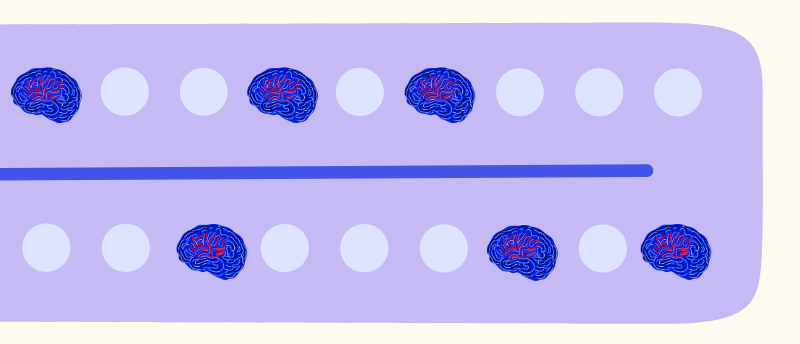The brain on birth control

Hormonal contraceptives are one of the most highly prescribed drug classes in the world. Despite their prevalence, research on how hormonal contraceptives impact the brain is lacking. Carina Heller (left), a postdoctoral research fellow at the University of Minnesota Twin Cities (MN, USA), is one of the researchers trying to change that. The oral contraceptive pill was introduced in the 1960s as an effective way to achieve reproductive freedom. Since its inception, the use of the pill has evolved, and it is now prescribed to also treat a variety of health conditions, including endometriosis, polycystic ovary syndrome, menstrual pain, mood...
To view this content, please register now for access
Join our member community for FREE to access a collection of journal and online-only features, including:
- Exclusive access to educational videos, eBooks and insights into top BioTechniques journal articles
- The latest news and journal updates delivered straight to your inbox when you want it
- Personalized recommendations for the latest member-exclusive podcasts, interviews and expert opinions
- Priority registration to webinars, panel discussions and events
- Access to competitions and journal publication discounts, including 10% off open access fees when you sign up today!